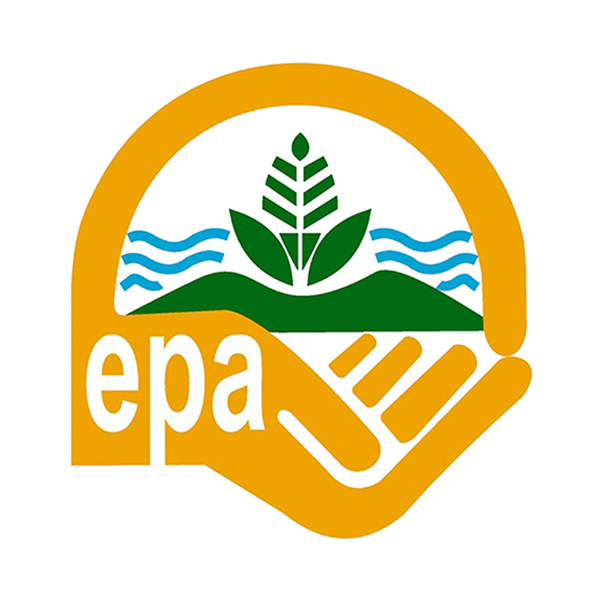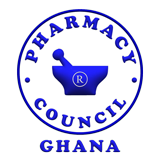Starting a private health facility in Ghana—whether a clinic or a pharmacy—requires careful navigation of both regulatory approvals and business planning. Each type of facility is governed by a specific authority: clinics fall under the Health Facilities Regulatory Agency (HeFRA), while pharmacies are licensed by the Pharmacy Council. Beyond registering your business with the Office of The Registrar of Companies (ORC), you’ll need to meet strict professional, environmental, and safety standards before opening your doors. These processes are designed to ensure that facilities operate legally, maintain quality standards, and protect patient safety.
At the same time, setting up a clinic or pharmacy is not just about compliance—it’s also about building a sustainable operation. From staffing with qualified professionals to securing the right premises, equipment, and supply chains, success depends on blending regulatory requirements with sound business strategy. The following steps outline the essential pathways for both clinics and pharmacies, helping you move from concept to a fully licensed, operational healthcare facility.
Setting Up a Private Clinic in Ghana
-
1. Business Registration
Register the entity with the Office of the Registrar of Companies (ORC).
Choose structure: sole proprietorship, partnership, or limited liability company.
-
2. HeFRA Licensing (Mandatory under Act 829, 2011)
Obtain and complete HeFRA application forms.
Submit documents: business registration, staff qualifications, facility layout, equipment list.
HeFRA conducts site inspection.
Address compliance issues → receive operating license.
-
3. Professional Staff Registration
It is now time to hire professionals such as Doctors from the Medical and Dental Council, Nurses/Midwives from the Nursing and Midwifery Council and Lab staff from Allied Health Professions Council.
-
4. Environmental & Safety Approvals
Secure an EPA permit for waste management.
Wait for a Local Assembly approval for zoning, sanitation, and building use.
-
5. Operations
You can now;Recruit qualified staff.
Acquire essential equipment (consulting beds, diagnostics, lab tools).
Implement patient record systems (preferably EMR).
Setting Up a Pharmacy in Ghana
-
1. Business Registration
Register the entity with the Office of the Registrar of Companies (ORC).
Choose structure: sole proprietorship, partnership, or limited liability company.
-
2. Pharmacy Council Licensing
Pick up and complete application forms (PA-I, PA-II, PA-III) from Pharmacy Council offices.
Submit with supporting documents (ORC certificate, pharmacist details, premises plan).
Pay application fee.
Site inspection by Pharmacy Council officers will take place after that.
If approved, you get 6 months to prepare premises for final inspection.
After compliance, pay registration fee → receive Pharmacy License.
-
3. Staffing
Must employ at least one Superintendent Pharmacist in good standing with the Council.
Depending on size, may also need pharmacy technicians and support staff.
-
4. Facility Requirements
Premises must meet structural, hygiene, and safety standards (separate storage, fire equipment, sanitation, etc.).
Pharmacy must be at least 400m away from another licensed pharmacy (to avoid clustering).





